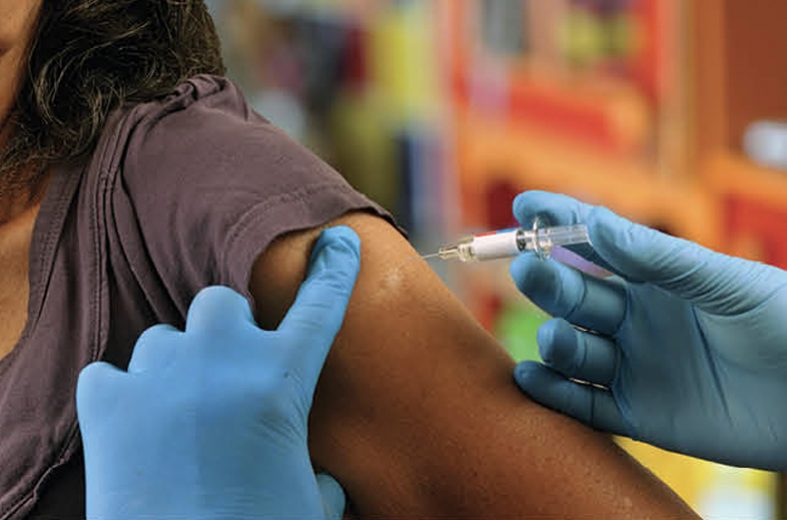By Sam Gutterman
The world and its inhabitants have survived COVID-19, with its terrible consequences for mortality and economic well-being—and it could have been worse. Hopefully, the worst is behind us; my arm is still sore from yesterday’s booster shot from the local pharmacy.
I asked ChatGPT what lessons can be learned from COVID-19. They included the obvious ones: the need for prevention, preparation, data, global cooperation, elimination of health care disparities, effective communication, and trust. I’ll discuss some of them from an actuarial perspective.
First, it is always difficult to deal with low-probability / high-cost adverse events. It is especially difficult to predict them, but inevitably bad stuff happens—only some of which can be prevented.
Regarding “once-in-a-century” events, like global pandemics—that’s a misnomer. They are better expressed as events with a 1% chance of happening in a given year. But even that is based on a sample size of 2—the Spanish flu and COVID-19—not a sound basis to develop estimates that that pattern will repeat itself. And because conditions change so much, even this probability may not be relevant anyway.
Last year in reading a biography of John Adams by David McCullough, I found that numerous outbreaks of smallpox shut down the U.S. government in its formative years. Yes, smallpox is highly unlikely to reoccur, and our health care and emergency response systems have drastically improved since then … but not as much as we would like. There remains a great deal of uncertainty about this type of event—and as we have found, we ignore this possibility at our peril!
I can see already that concern about pandemics is waning. It’s human nature: We would prefer not to confront such unpleasant conditions when there are so many other competing concerns. Out of sight, out of mind.
Effective and ongoing risk management processes are needed. Yes, it is a matter of prioritization. There are other needs to address, such as poverty, climate change, and war. But we can’t ignore such risks and possibilities for another 95 years. We need global collaboration, shared resources and information, stockpiles of necessary equipment, education of health care professionals, and available facilities when needed.
COVID-19 has resulted in huge costs—direct and indirect. Second-order economic and mental health damage, including job losses, productivity slumps, and business collapse, follow closely with deaths and illnesses. The pandemic also made the frail, or those with a pre-existing condition, even more fragile, and poor countries and subpopulations even poorer—certainly long-term mortality will also be affected.
The coronavirus pandemic is similar to other low-probability events. For example, having a proper time perspective is important—not only is there the immediate risk of heatstroke from excessive heat due to climate change, but also longer-term suffering from cardiovascular issues, respiratory diseases, and cancer resulting from deteriorated air quality from wildfires.
How can a price for this preparation that society is willing to pay be determined in the absence of a market price to guide us? This calculation proves difficult because there is so much uncertainty involved. A public-private partnership may be needed—possibly by public funding for elements such as research. We should be willing to pay for resilience-building, even though the timing and severity of these events are unknown. In any case, the upfront cost will likely be far less than trying to minimize or recover from a severe event after the fact.
An example of preparation has been research conducted by Kariko and Weissman, who just received Nobels for work on mRNA over 20 years before COVID-19. Global early-warning systems and cooperation may help in building adaptive techniques that will be key risk management processes in the future.
Although we need scientific skepticism, we also need to reduce skepticism about science. Trust is necessary—whether in scientific or actuarial and risk-sharing methods—by maintaining transparency and communication before, during, and after.
Pandemics and other low-probability adverse events happen, whether through natural causes or the fault of mankind. They will continue to threaten human health and economic well-being, especially for the unprepared. History has the potential to repeat itself, although not necessarily in the same way. We will have to maintain our diligence.





